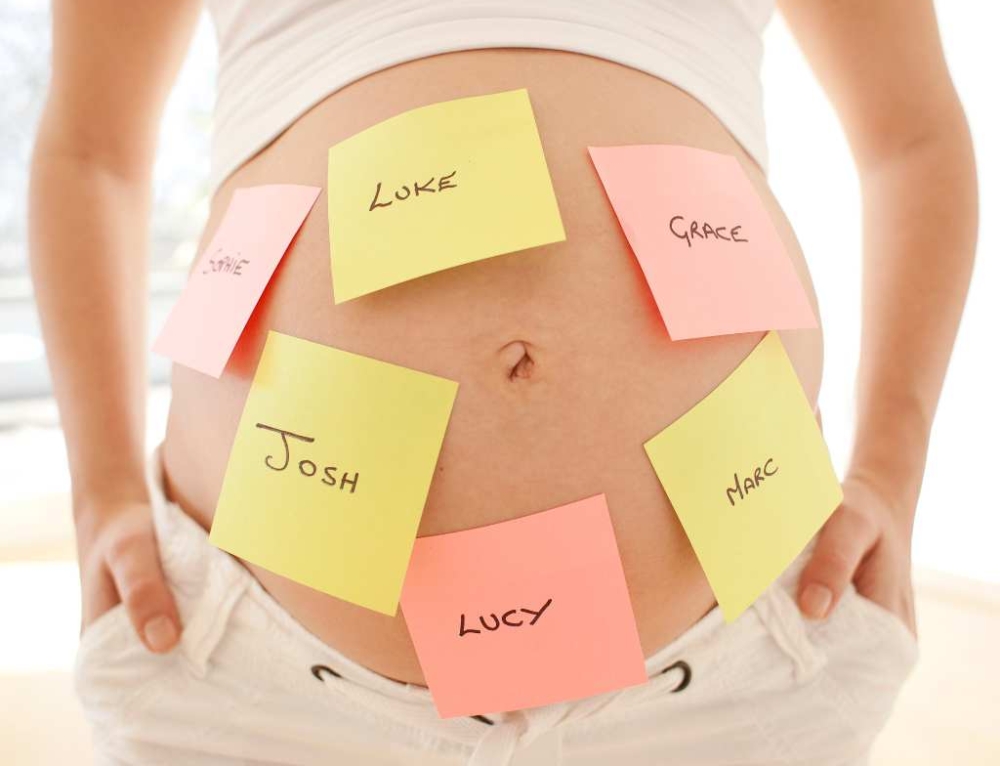Just had a baby? The thought of having sex and needing contraception is probably the very last thing on your mind, but organising postpartum contraception is an important part of your postnatal care.
We explain the contraception options following childbirth, because we believe women should be able to plan, delay and space the birth of their children.
WHAT IS POSTPARTUM CONTRACEPTION?
A Family Planning nurse or your midwife can help you find postpartum contraception that’s right for you.Postpartum contraception is used to prevent unintended and closely spaced pregnancies in the first 12 months after giving birth. Postpartum contraception is particularly important as pregnancies during this period hold the greatest risk for mother and baby.
Contraception is not needed in the first 21 days after delivery, but we encourage women to get it organised before this time, as having a new baby is a busy time for families. Talk to your midwife or a nurse about postpartum contraception to find the best option for you.
CONTRACEPTION THAT CAN BE USED IMMEDIATELY
Some types of contraception can be used immediately after delivery. We recommend progestogen-only methods, which research shows has no effect on breast milk volume, or on infant-growth.
- Contraceptive implant– the implant (Jadelle) lasts for five years but can be removed at any time. It is very effective, and can be inserted immediately after delivery.
- Depo Provera injection– the injection is given every 12 weeks and is very effective. It can be started immediately.
- Progestogen-only pill– a six-month supply can be prescribed and can be started immediately.
- Condoms– condoms are a safe and affordable option and can be used at any time.
- Emergency contraceptive pill– the ECP can be used any time after delivery and can be taken up to four days after sex – although the sooner the better. The ECP is less effective for women who weigh more than 70kg, so an emergency IUD is the best option in this instance.
OTHER METHODS OF CONTRACEPTION
- Intra uterine device (IUD)– a copper or hormonal IUD can be inserted by a trained doctor or nurse. It can sometimes be inserted immediately after delivery, but it is more common to have it inserted six weeks after delivery. It lasts for five or more years (depending on the type of device) but it can be removed at any time. It can be inserted as emergency contraception in certain circumstances.
- Combined oral contraceptive pill– when you can start taking the pill depends on a few factors, but your nurse will help work out what is best for you.
-If you’re not breastfeeding – you can start taking the pill 21 days after delivery. There are some conditions to using the pill such as your BMI – so talk to your nurse or midwife to see if this is an option for you.
-If you’re partially breastfeeding – you can start taking the pill after six weeks.
-If you’re fully breastfeeding – you can start taking the pill after six months.
BREASTFEEDING AS CONTRACEPTION
Breastfeeding can also be a form of contraception for the first six months after giving birth. Ask your nurse or midwife about how this works and what you need to be aware of during this time.
PERMANENT CONTRACEPTION
If you and you partner are completely sure that you do not want any more children, you may want to consider sterilisation. For women, this is called tubal ligation. This involves general anaesthetic, and a small operation to close the fallopian tubes.
If you and your partner are considering sterilisation, you might want to think about vasectomy instead. Vasectomy is not as invasive as tubal ligation, plus it is more effective.
TRAINING OPPORTUNITIES
If you’re a midwife, doctor or nurse, interested in postpartum contraception training, Family Planning offers an Introduction to Postpartum Contraception course.
This article was written for Kidspot by Family Planning.







Leave A Comment
You must be logged in to post a comment.